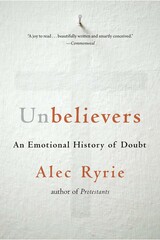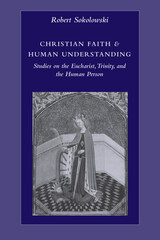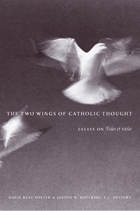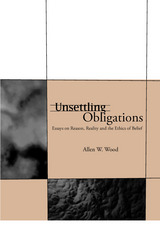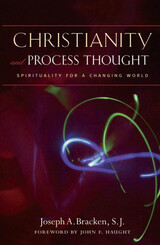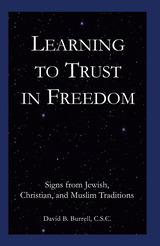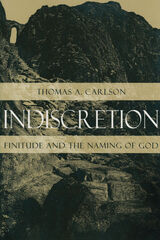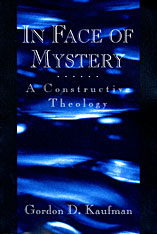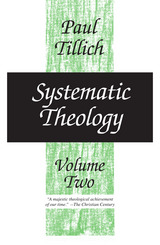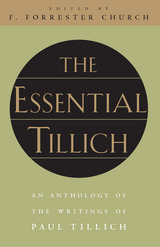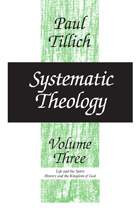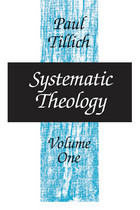How has unbelief come to dominate so many Western societies? The usual account invokes the advance of science and rational knowledge. Ryrie’s alternative, in which emotions are the driving force, offers new and interesting insights into our past and present.
-- Charles Taylor, author of A Secular Age
Ryrie, who locates himself in the camp of the believers, offers a sensitive and sympathetic account of those on the other side. He wears his learning lightly, letting the actors speak for themselves. Unbelief, in his diverse range of subjects, is not unthinking or perverse, but the outcome of genuine and profound struggles of conscience. The book does a wonderful job of bringing these previously unheard voices to our attention, and in doing so adds a vital new dimension to our understanding of the origins of modern unbelief.
-- Los Angeles Review of Books
Well-researched and thought-provoking…Ryrie is definitely on to something right and important.
-- Christianity Today
Ryrie traces the root of religious skepticism to the anger, the anxiety, and the ‘desperate search for certainty’ that drove thinkers like the religious poet John Donne to grapple with church dogma. They did not always manage to hold on to their faith, and their probing undermined religion from within. The currents of atheism were stirred not by the levelheaded philosophers of a later era but by these seekers’ struggle, and occasional failure, to ‘doubt wisely.’
-- New Yorker
Most of us like to believe that we believe what we believe because rigorous reasoning and reliable evidence have led us there…In reality, as Alec Ryrie shows in this short but beautifully crafted history of early doubt, unbelief was (and is) chosen for ‘instinctive, inarticulate and intuitive’ reasons just as much as is belief…Unbelievers covers much ground in a short space with deep erudition and considerable wit.
-- The Spectator
With wit and remarkable breadth of learning, Ryrie addresses an issue that touches us all.
-- Rev. John O’Malley, author of Vatican I
Ryrie doesn’t debunk; he describes. He traffics in empathy, not criticism…For those looking to make sense of [atheism], Unbelievers will serve as an outstanding guide.
-- Andrew Wilson Gospel Coalition
An elegant and canny book…It offers a salutary reminder that most of us adopt many beliefs out of intuition, habit, or deference to our social environment.
-- Wall Street Journal
The brilliance of this book lies in its reimagining of an old debate stirred by Lucien Febvre and his many critics. Ryrie takes us beyond the slightly stale polemic of the leading theological figures of the early modern world to let us hear the voices of men and women who lived through the torrid age of religious change. In Unbelievers we encounter heart-wrenching expressions of faith and its absence with nuanced attention to words and modulations of emotions. We find preachers, female writers, dramatists, poets, and essayists who struggled daily with a religion that demanded faith. Ryrie rejects easy connections between their world and ours while offering an arresting consideration of how their voices shaped what came after them. Deep insights are leavened with characteristic wit and humor, making this book a crucial read for anyone thinking about religion in our time.
-- Bruce Gordon, author of Calvin
If unbelief needs the believer’s reflecting gaze to better understand itself, then in Ryrie atheism may have found its ideal expositor…A joy to read not just because it is beautifully written and smartly conceived, but also because of the exercise in intellectual generosity to which it invites the reader…Unbelievers is as much about the past as it is about the present—and perhaps about the future, too.
-- Costica Bradatan Commonweal
Take[s] in nearly 750 years of doubt and disbelief in the professedly Christian West…Not only a convincing rejection of what one might call the Great Godless Man theory of history but a stirring glimpse into the souls of everyday citizens, whose struggles to maintain their faith in a complex world feel all too familiar.
-- Graham Hillard National Review
Engaging…Ryrie is a careful observer of history and…a good explainer of complicated theology.
-- Bill Tammeus National Catholic Reporter
[Ryrie] finds that unbelief is much older and more nuanced than many historians have credited. This is a history of unbelief that carries readers from ancient to modern times…Those with an interest in the history of religion will be treated to a new perspective on the old opposition between believers and nonbelievers.
-- Library Journal
Masterly…Ryrie’s deeply researched work is an enlightening ramble through intellectual history of opposition to Christian belief that will appeal to any reader interested in religious scholarship.
-- Publishers Weekly
An informative, engaging, creative, and persuasive account of the origin of unbelief in western societies. The research is deep and the writing sprightly. Ryrie’s central argument is that unbelief existed as practice before it existed in theory, that moral intuitions counted much more heavily than philosophical arguments in the emergence of atheism, and that ‘an emotional history’ of anger at Christian authorities and anxiety arising from disputes internal to Christianity pointed the way to the rejection of traditional Christianity and open atheism of more recent centuries.
-- Mark Noll, coeditor of Protestantism after 500 Years
Explores the forces behind Western secularism.
-- Irish Times
Ryrie challenges intellectual historians to work on genealogies that are not limited to ideas or disincarnate minds. We must engage with historical developments of persons as wholes. This means investigating the mirror of history and finding people. This should allow us to look at ourselves in a more comprehensive way…Reminds us that despite the various certainties of our time, anxiety and anger are presently destabilizing us and so opening new possibilities.
-- Terence Sweeney Genealogies of Modernity
Ryrie wants to refocus our attention on the masses, on what ordinary, everyday people have thought and believed, and their own experiences of doubt and unbelief…Ryrie has done an impressive job of unearthing a wide range of primary and secondary sources that give us some fascinating glimpses into a hidden world…Genuinely innovative and casts new shafts of light on our understanding of the emergence of unbelief.
-- Gavin Hyman Journal of Church and State
This is a fascinating book…A deeply researched historical study, wide-ranging and engagingly written.
-- Tim Harris European Legacy
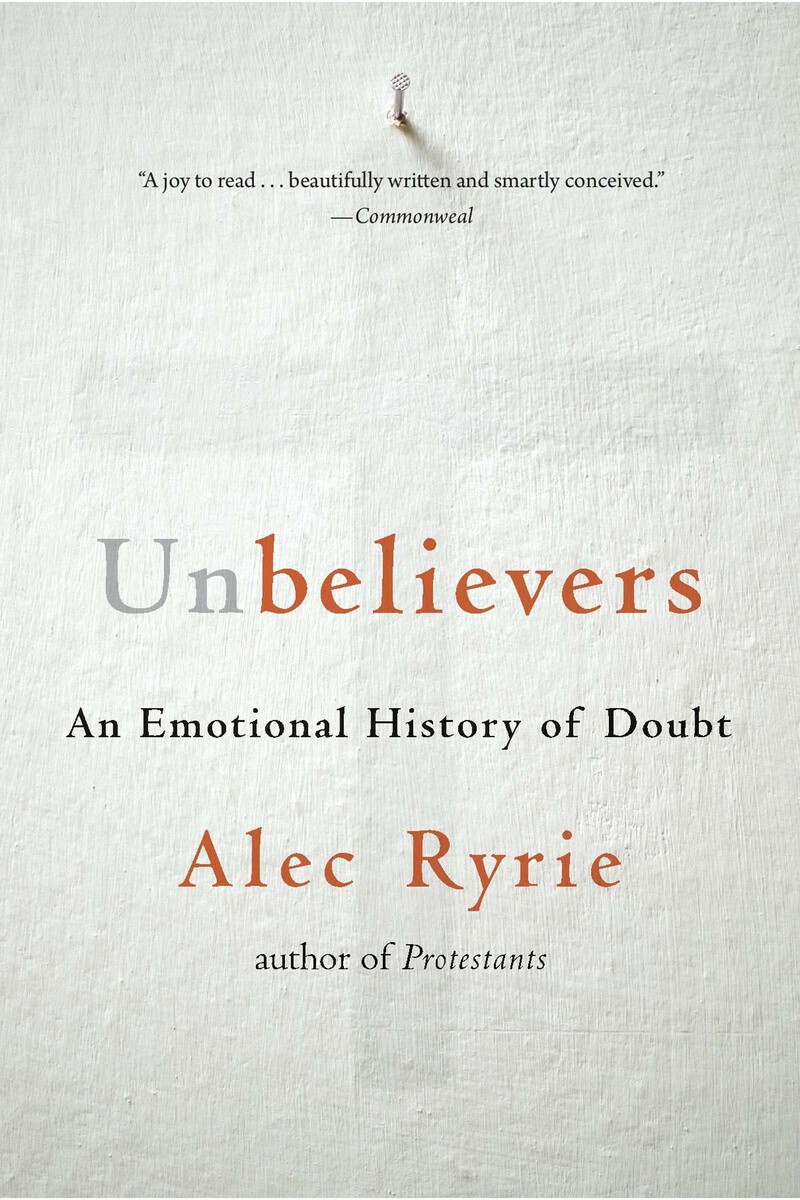

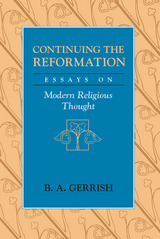


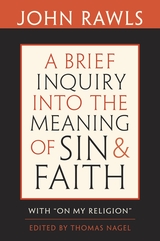

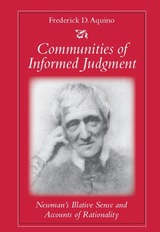
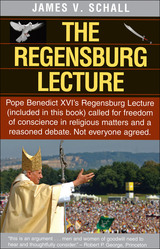
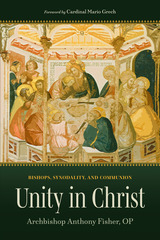
![John of St. Thomas [Poinsot] on Sacred Science: Cursus Theologicus I, Question 1, Disputation 2](https://www.bibliovault.org/thumbs/978-1-58731-410-0-thumb.jpg)
